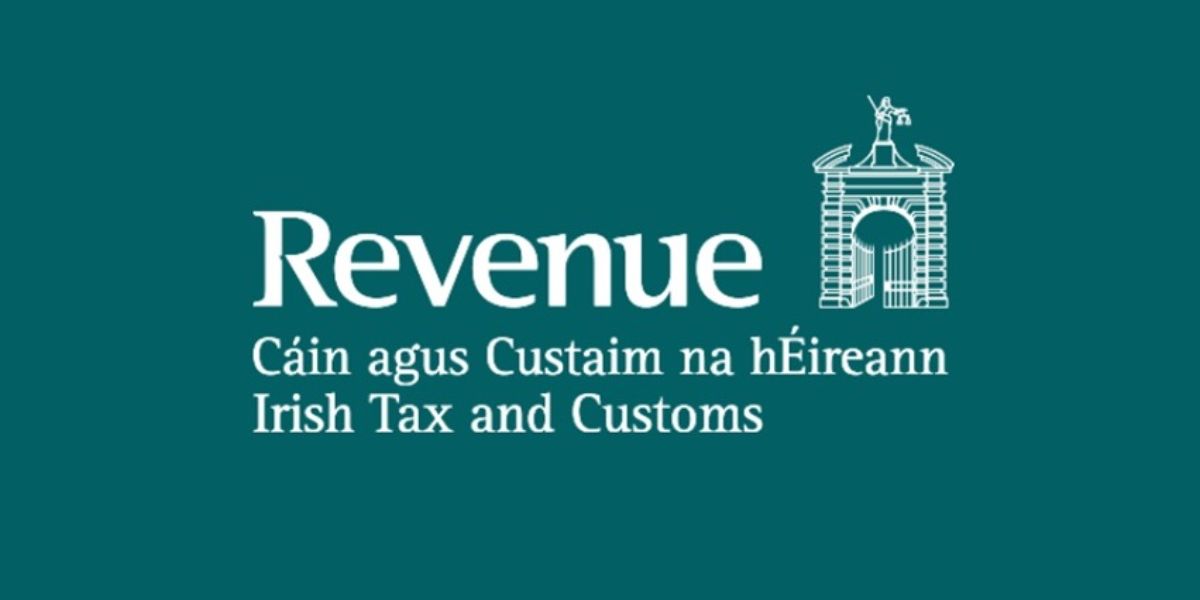On 20 Oct 2022, Ireland’s Minister for Finance Paschal Donohoe published the Finance Bill 2022 as part of the Irish budget. The Finance Bill contains new tax measures that were not included in the budget presented in September 2022. The main tax measures included in the Finance Bill are as follows:
Technical amendment to ATAD Interest Limitation Rule
Section 32 of Finance Bill 2022 introduces a number of minor technical amendments to the interest limitation rule, introduced in the Finance Act 2021, which completed Ireland’s transposition of the Anti-Tax Avoidance Directives (ATADs). The rule places a limit on deductible interest expenses of 30% of earnings before interest, tax, depreciation and amortization (EBITDA) for companies within the scope of the measure. The amendments are required to ensure that the interest limitation and associated preliminary tax rules operate as intended.
Transfer Pricing
The Bill will update the definition of transfer pricing guidelines to reference the OECD’s most recent guidelines published in January 2022. These guidelines replace the 2017 guidelines previously legislated. The update will provide Revenue and stakeholders with certainty in relation to transfer pricing rules and ensure Ireland’s tax system keeps in step with international best practice.
Defensive measures towards non-cooperative jurisdictions for tax purposes
The EU list of non-cooperative jurisdictions for tax purposes is a common list agreed by all Member States that includes jurisdictions that do not comply with good tax governance standards. EU Member States apply legislative defensive measures against listed jurisdictions. The Bill updates the list of jurisdictions to whom the enhanced CFC (controlled foreign company) measures apply, based on the list recently agreed by the EcoFin Council.
Double Taxation Agreements
Ratification of the two newly signed Protocols to the Double Tax Agreements between Ireland and Isle and Man and Guernsey is also provided for in the Bill. The Protocols incorporate anti-BEPS measures to the treaties. The ratification of these treaties was previously discussed in the Committee on Finance, Public Expenditure and Reform, and Taoiseach, in June and subsequently approved by Dáil Éireann.
Extending tax transparency rules to digital platforms
The Bill will continue the transposition of the seventh EU Directive on Administrative Cooperation (DAC7), which commenced in the Finance Act 2021. DAC7 extends the automatic exchange of information (AEOI) to apply to digital platforms. The Bill will update the section related to reporting obligations for digital platform operators to ensure effective domestic implementation. To ensure the end 2022 transposition is met a Committee Stage amendment will also be brought forward to 17 transpose the balance of DAC7 for elements that do not relate to digital platform operators, including a number of amendments necessary to allow Revenue access to the central register of ownership of bank and payment accounts and safe-deposit boxes.
A new section has also been inserted to provide for the transposition of the OECD Model Rules for reporting by digital platform operators. The Model Rules are similar to the reporting obligations introduced in the EU in DAC7, but are applicable to operators outside of the EU and this transposition will ensure that digital platforms both within and external to the EU will have standardized reporting obligations.















